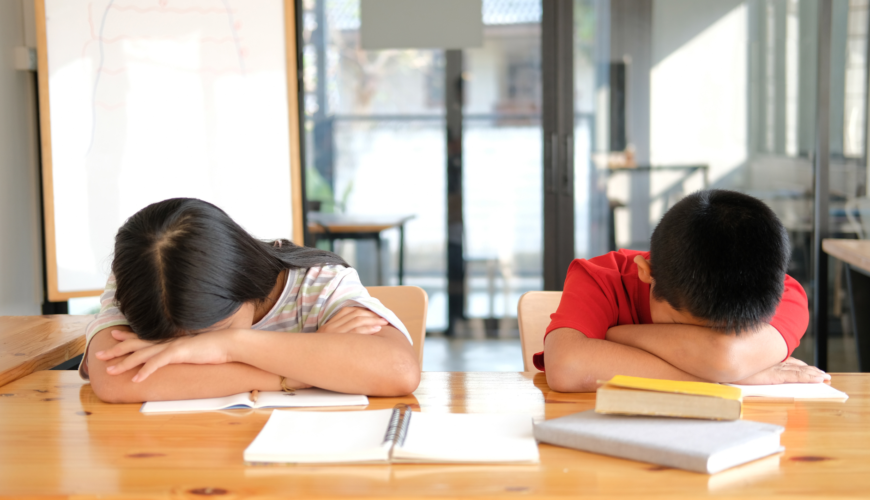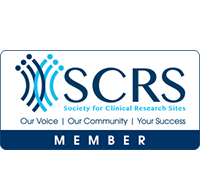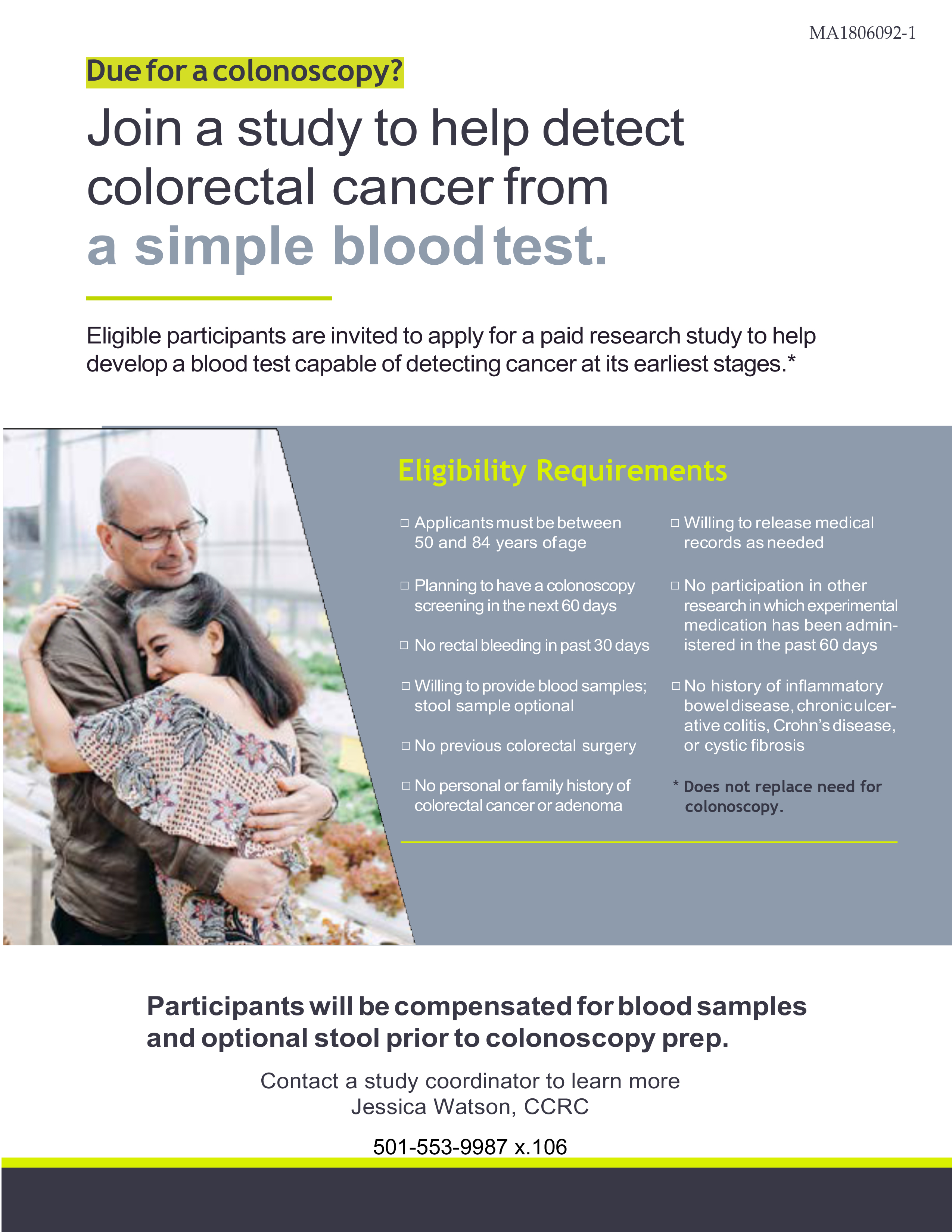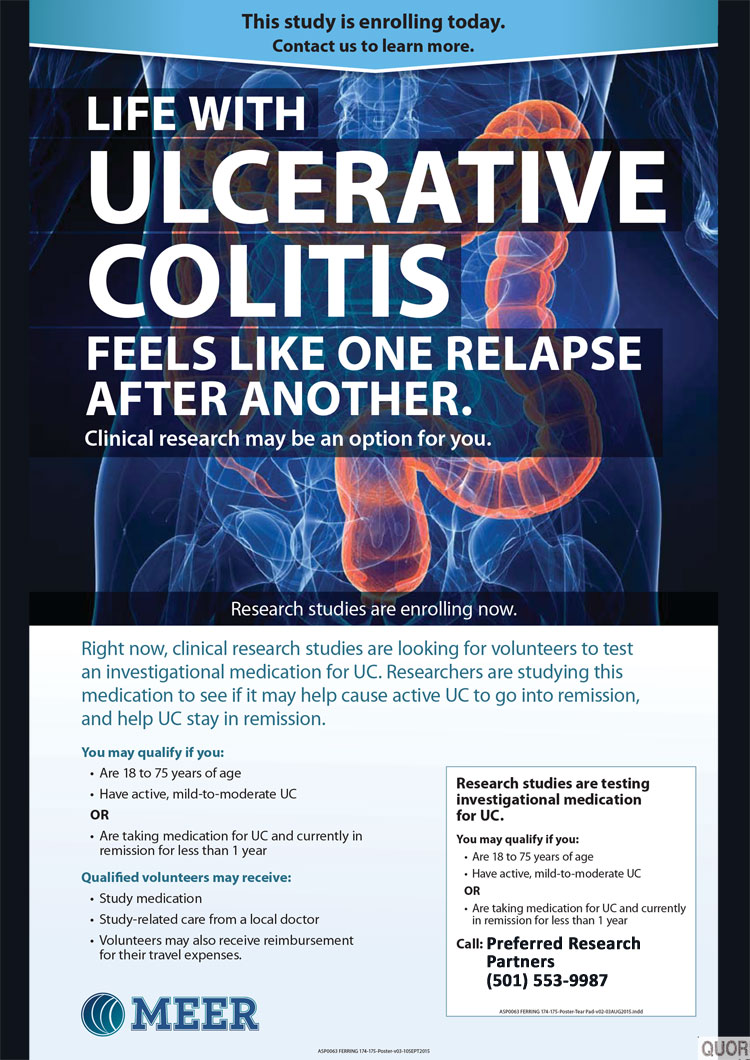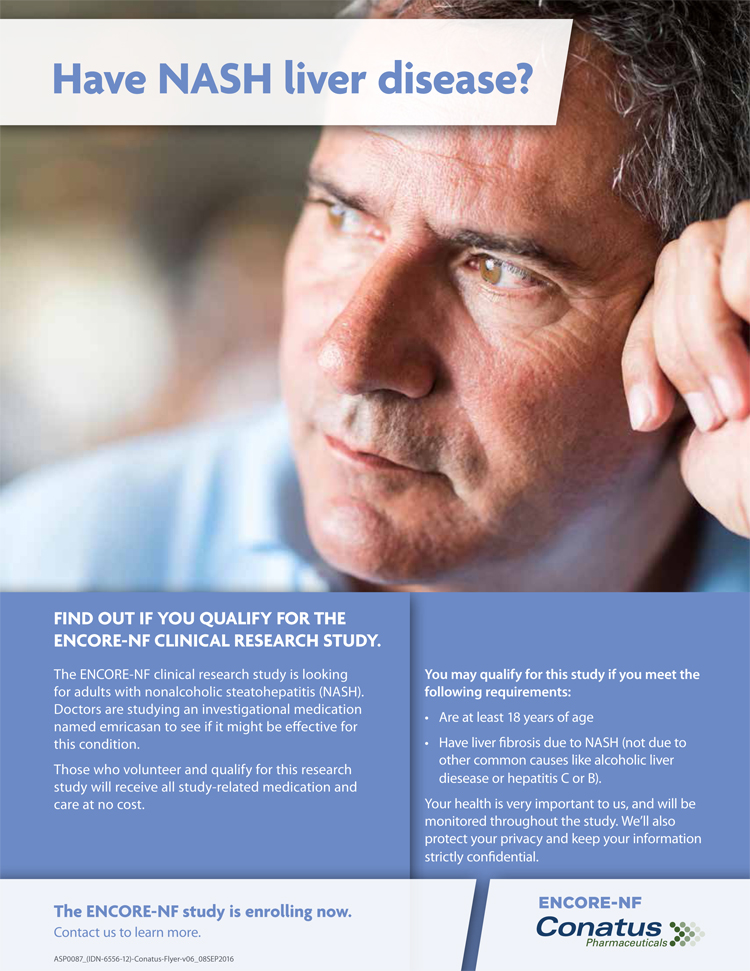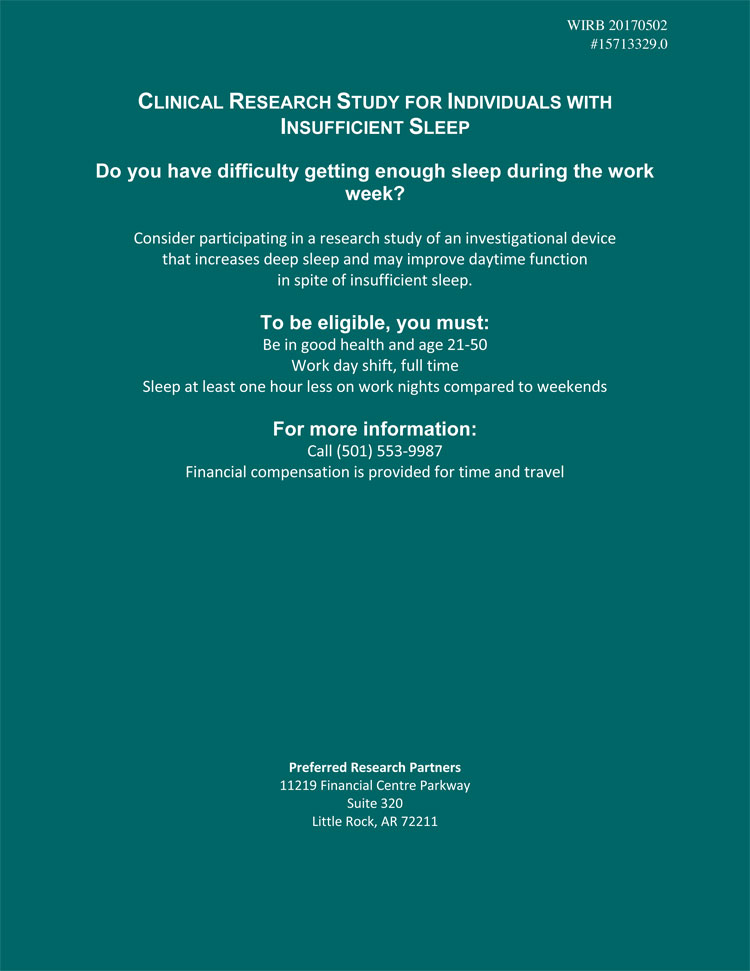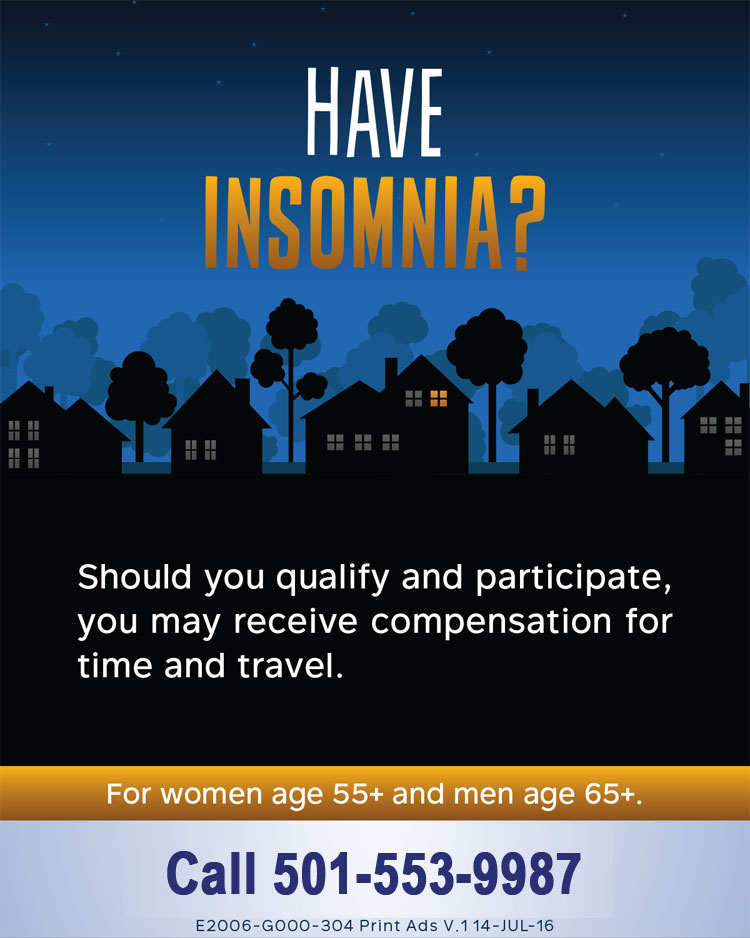Insomnia affects approximately 25% of children according to the National Library of Medicine. Insomnia is a common sleep disorder that can make it hard to fall asleep, hard to stay asleep, or cause you to wake up too early and not be able to get back to sleep. Insomnia in children can lead to health problems if ignored due to children’s development being reliant on sleep.
Insomnia can be short or long-term. There are two types of pediatric insomnia.
- Primary insomnia, which can also sometimes be referred to as psychophysiological insomnia, involves poor sleep habits that cannot be attributed to an existing medical illness or cause.
- Secondary insomnia is insomnia that is a symptom of another medical condition or health issue.
There are patterns of insomnia seen in children which include the following.
- Onset – children have a difficult time falling asleep. This is typically defined as taking longer than 30 minutes.
- Middle – children will wake up in the middle of the night or are unable to sleep long periods of time.
- Terminal – children will wake up too early in the morning.
When determining if your child’s sleeping patterns are problematic and may be insomnia, look at the signs and symptoms. Your child is refusing or struggling to go to bed. They have difficulty when they are in bed trying to fall asleep, they may be asking for frequent requests in bed, such asking for a drink or story. Your child wakes up earlier than desired often. They have irregular sleeping patterns and cannot stay on a sleep schedule. They have difficulty napping and trouble waking up in the morning.
Children may also display daytime symptoms of insomnia. This may include fatigue, tiredness, or sleepiness. Your child may have attention, concentration, or memory impairments. They might display problems socializing or with their academic performance. Their mood may be irregular, or they may display behavioral problems such as hyperactivity, aggression, or oppositional behavior. Additionally, your child might show reduced motivation.
If your child displays some of these frequent signs and symptoms, it could be due to insomnia. If your child seems to be suffering from this, a sleep specialist can evaluate them to determine a diagnosis.
Preferred Research Partners is conducting a clinical research study for insomnia in adolescents ages 10-17 years old. If you are interested in this study for your child or a child you may know, call us at (501) 553-9987 to learn more or visit our studies page.

